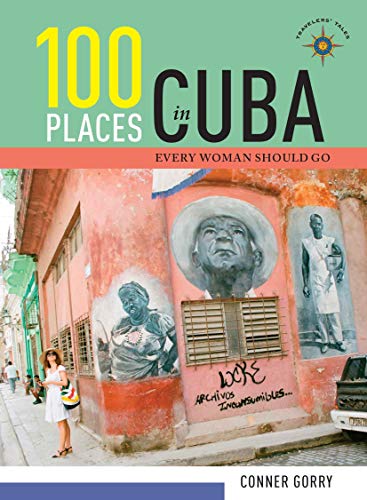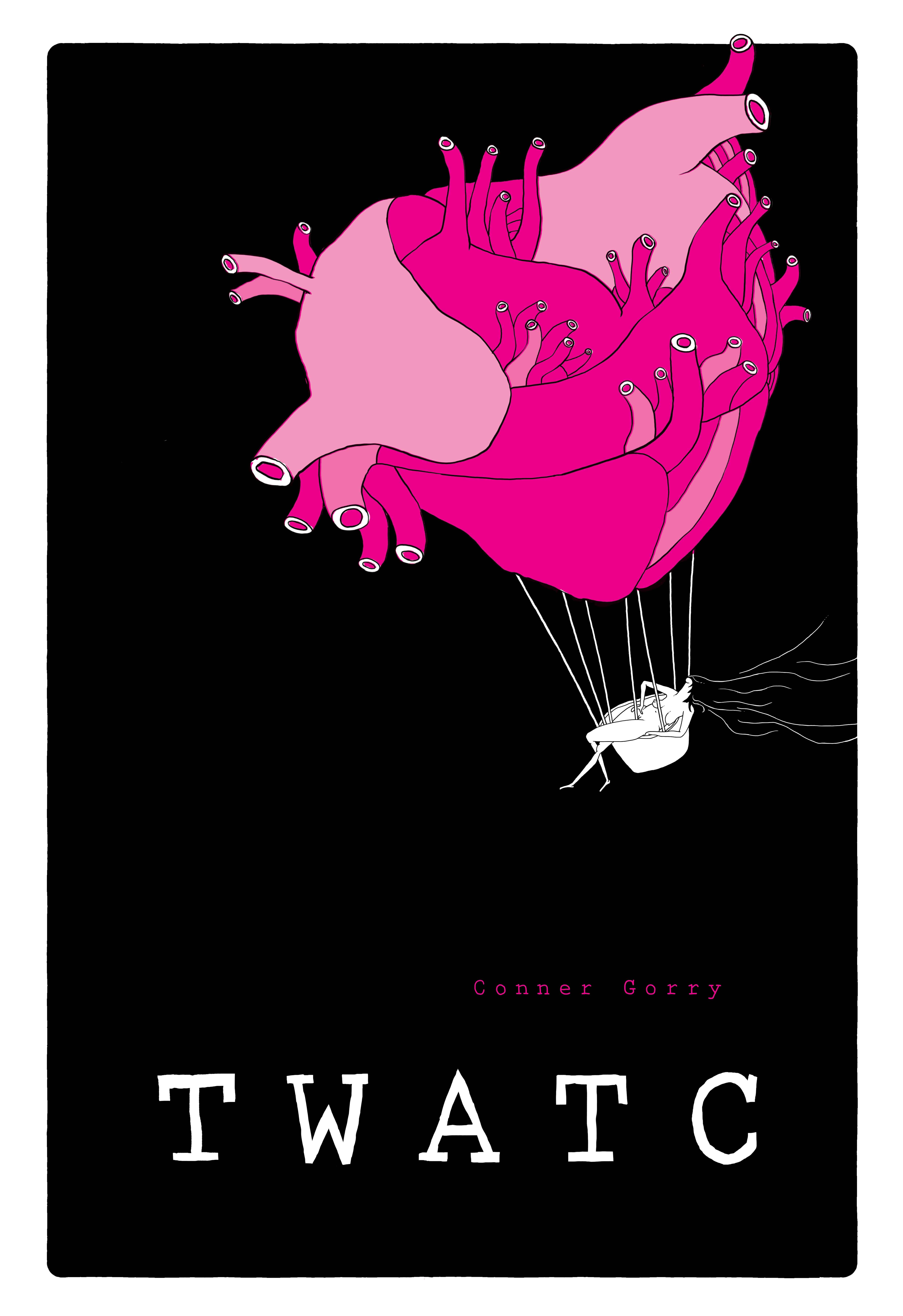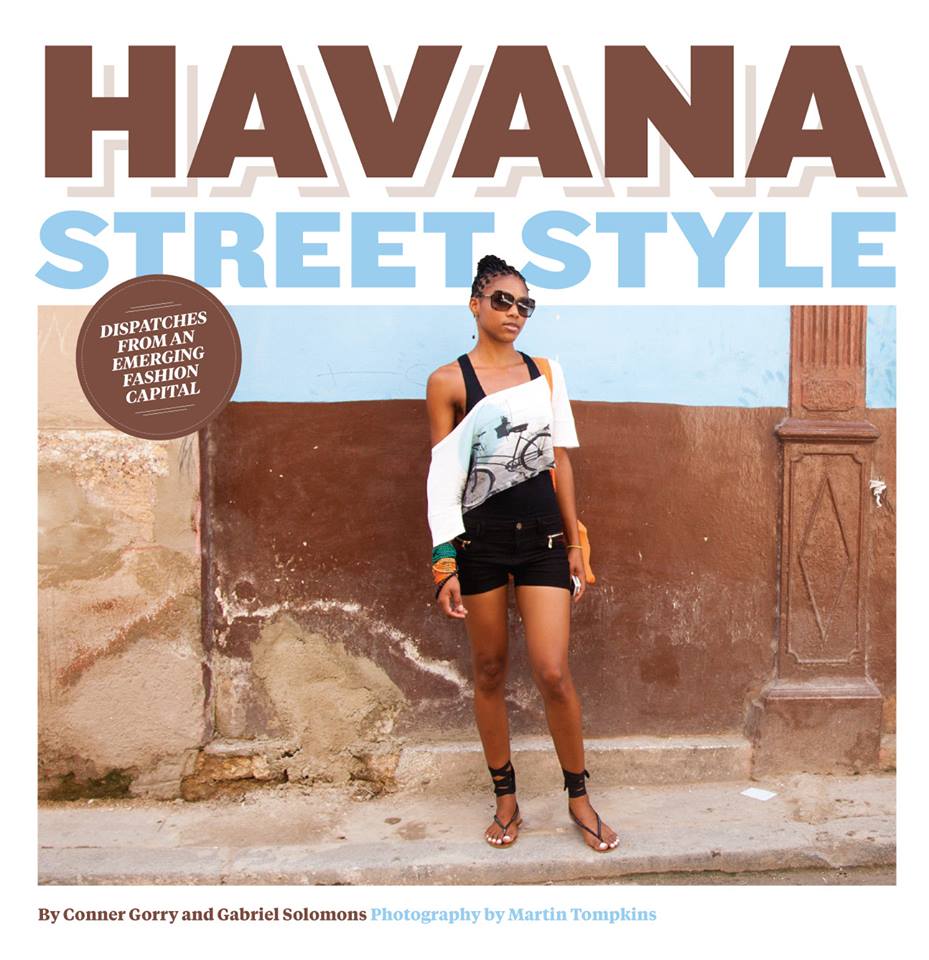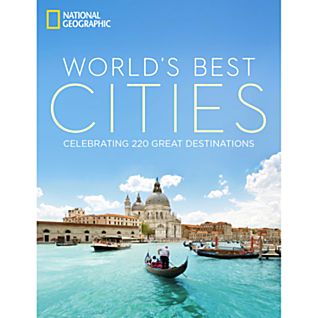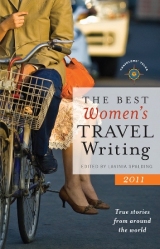Things aren’t going well in Cuba In fact, the situation is peor que nunca. Rolling blackouts, the antiquated aqueduct system busted, leaving huge swaths of Havana without water, the country is posting record numbers of COVID infections and there’s no pork, rice, coffee, salt…
In short, our world is rocking.
Which means my world—this inconsequential space-time blip I occupy with friends, family and a few random undesirables—is also rocking. Upside down and sideways. It’s COVID. It’s the embargo. It’s the forced separation the combination engenders. If you’ve got any Cuba connection, you know we’re in a long-running, island-set shit show with dumpster fires peppering the stage. The flames rage while bystanders burn.
And I’m sidelined, unable to dowse or dampen the conflagration: I was obligated to leave Cuba two months ago.
My passport sat in a drawer for the whole of 2020 while I faced other calamities and grief. Discovering it a few weeks before expiration was a fluke—like when you look at your lover’s phone for the time to see their gym partner sexting. A fluke that makes you want to puke, that is to say.
Panicking, I turned to the US Embassy in Havana. Por gusto: it was closed in 2017, thanks to You Know Who (in Cuba, consular services were cancelled before COVID-19—a petty and pathetic maneuver, even for this day and age). I called the Embassy and got a recorded message. I sent an email as directed. I received a boiler plate email repeating what was on the phone message and website. For the first—and only—time in my 19-year stay, I presented myself before the Embassy’s 20-foot steel gate. The nice Cuban guard told me to send an email. The bureaucratic loop—call, email, wait, repeat—triggered rage, tears, and feelings of helplessness tinged with entitlement (‘I’m a US citizen god damn it! How dare they strand me like this!’). From her solitary lockdown in Minnesota, my sister called the State Department in DC. No dice. She called the passport office. Ditto.
Dumpster Fire #42 starts smoldering…
And please stop screaming ‘mail it in!’ at your screen: direct mail services between the USA and Cuba, normalized under Obama, are also reeling from the COVID/Humpty Trumpty one-two punch. Besides, would you trust your passport with a foreign mail service during a global pandemic? Or with the gutted, beleaguered US Postal Service?
No Embassy and no mail left me two choices: let my passport lapse or get off the island. I opted for the latter.
Cue Dumpster Fire #44 (I’m choosing to elide over #43 which saw me sobbing on the floor, Toby sniffing at my snot-encrusted face)…
The problem? Cuba was (and is still) closed to almost all air traffic due to an explosion of post-holiday COVID infections; just two flights a week have been flying between our two countries for months now. And they’re booked through August. With mere days left on my passport, my sister (who has a knack for travel), scored me a seat on the oversold, once-a-week JetBlue flight. With a festering case of gastritis, plus sleeper case of hypertension, a panicked clinic visit for a PCR test, and harried kisses for my guy and dog, I left.
_____
Being on far away shores after fighting tirelessly, surviving heroically, and loving fiercely sucks and hurts, giving rise to a toxic cocktail of guilt, relief, nostalgia, and yearning. Not to mention an unhealthy dose of frustration-laced anger. Some of you know of what I write.
But to hell with the guilt and pain, and idealized nostalgia: I keep on fighting. Unless I’m curled up in a ball bawling (AKA Dumpster Fire #45 & #46), I keep on fighting—to honor mom’s memory, to help my Cuban friends and family, to remain on the side of the just. I keep fighting to maintain sanity, to keep money coming in and out of trouble/jail, to make sure my loved ones stay fed, housed and connected to the Internet. I fight, uncurl myself from that ball, and clear away the tears to face a new day.
Today.
One day at a time.
Fakin’ it till I make it.
I take solace in 12-Step mantras—not because they helped me get (and stay) sober, but because they keep me off the Cuba/COVID/Conner-at-51 ledge. I’m still an addict, but to other things, like work and cigarettes and coffee (the introvert trifecta!) and these have kept me alive and as-well-as-can-be considering the circumstances. As I contain my conflicting emotions and try not to lash out at loved ones, this is what that looks like:
*Writing ad nauseum about COVID: I often counsel a news blackout or media vacation as a mental health tool for our modern world. But there’s no rest for a health reporter during a global pandemic. Just in the past few months (to say nothing of 2020), I’ve been neck deep editing and re-writing manuscripts about Cuban kids with long COVID and related cardiovascular problems; neuropsychological effects of COVID; and the sickening politics, inequities and egoism of our pandemic-plagued planet. And the hits kept on coming after I was assigned two interviews on the “mono-topic:” with the directors of Cuba’s Center for Clinical Trials and the Molecular Immunology Center, which produces the recombinant RBD for Cuba’s COVID-19 vaccines.
As I clocked a week of 14-hour days wrapping my aching head around pandemic-related issues, I was asked to revise the English-language insert for SOBERANA Plus, Cuba’s vaccine for convalescent COVID patients.
Important? Yes. Fun? Not at all.
*Going deep on the US blockade: Many big and little things are crumbling as a consequence of COVID-19: marriages, mom and pop stores, traditional greetings like our customary kiss on the cheek. Unless these macro and micro implosions affect us personally, they go unnoticed. So it goes with OXFAM, which closed 18 offices around the world, including in Cuba. After 27 years of bolstering food security and sovereignty, strengthening gender justice, fighting climate change, and reducing disaster-related risks, this is a huge blow to the innumerable Cubans who’ve benefitted from OXFAM support and programs the past three decades. OXFAM Cuba’s parting salvo is The Right to Live Without a Blockade, a report on how US sanctions hamstring Cubans’ right to live, learn, grow, develop and dream on their own terms. The report was co-written by moi, along with a multi-talented team. The official release date—in Spanish and English—is May 27. Please help us spread the word!
*Conner says what?!: I was red tagged and sent to detention for my big mouth as a kid. Nowadays, folks are bombarding my socials with all manner of Cuba-related interview requests: women’s issues, LGBTQI+ rights, how my reed-like figure doesn’t excite Cubans, and the embargo, of course. I was reluctant to talk about my expiring passport situation with the New York Times but despite these misgivings, I did—it’s about the message, after all, not me. The message? The State Department doesn’t give a flying one about US citizens living abroad—rich business people excepted, of course.
***BREAKING NEWS: The NY Times article by Debra Kamin referenced above got the State Department off their duff and (some) US citizens with expired passports can now travel back to the US. Better late than never! Not for nothing: Cuba started it’s paperwork/passport/visa deferral plan at the beginning of COVID-19.
*Popping my Zoom cherry: Living in Cuba, where Zoom is blocked by the US embargo, I skated through 2020 with nary a video meeting, interview or webinar. But as the pandemic drags on and we all struggle not to be dragged down with it, the invitations are pouring in. Despite my technological struggles (VPNs, expensive data, blackouts), I popped my Zoom cherry as a speaker on the Canadian Network on Cuba’s panel to raise funds for medical donations to the island. I found it enjoyable, uplifting even (it was my first one, after all!). If you’re looking for a concrete way to help Cuba confront COVID, I suggest donating to this initiative or the multi-organizational drive to send 3 million syringes to the island for the whole population vaccination effort now underway.
Next up was a webinar series among health experts and virologists from Cuba and the University of Minnesota to share experiences and ideas about effective COVID strategies and policies. Thankfully, US scientific and academic communities are open to collaboration and exchange: another webinar series launches on June 8 between Cuba and the University of Alabama.
*Struggling to be a “real” writer: Pop culture, slang, evolving vocabulary and concepts: a lot of it passes you by when you live abroad for long periods of time, when you’re not on the ground, watching things unfold and taking part. Being woke, Karens and Beckys, the drip, Tuca & Bertie – I didn’t know jack about any of this until I researched or was schooled by friends. So it was with Imposter Syndrome, a term I’d never before heard but from which I definitely suffer (though I’ve always called it good old-fashioned self-hatred). I don’t consider my blog “real” writing. It may be thoughtful and well-crafted, but it doesn’t pay (that dogged yardstick by which too many of us measure worth and success), hasn’t led to any assignments or gigs as far as I know, and doesn’t have a broad audience. It has value, of course, mostly in helping me maintain a semblance of sanity and breaking down myths about Cuba, but it ain’t great literature, investigative reporting, or emotive memoir—the type of writing I dream of publishing.
And then I wrote a blog post that sent readers swooning; friends, strangers and writers I admire wrote in with accolades and support. They urged me to add a bit of context, flesh it out some, and submit it to major publications, the likes of which triggered some real imposter doubts. The Atlantic, The New Yorker, the New York Times—other level shit for a not-very-real writer. ‘Possible?’ the imposter in me wondered. And what about my tendency to “punt,” as a wildly accomplished writer observed of my tendency to stick to safe terrain and retreat in the face of rejection? Criticize me and I recoil like a set of testes in an Icelandic lake, but once I regroup, I double down. So I rewrote, restructured and retitled that post and am making my way down the list of possible outlets. I’m only two rejections in…stay tuned!
*Saving Cuba Libro: Something else I’ll have to write about in a “real” way sometime are the last eight years of my life, consumed by this community project I founded. Our philosophy and programming have touched so many, altered life trajectories, and improved well-being. Mine included, though it’s such a struggle it often feels like keeping Cuba Libro alive just might kill me. At no time has this been truer than 2020-2021. Over the past 14 months, we’ve been able to operate for just two. That’s 14 months of rent and utilities, 14 months of buying overpriced coffee, milk, fruit, syrups and sugar and nearly 14 months of maintaining salaries for our seven full-time staff. To keep busy, we’ve redesigned our space for social distancing, developed new recipes and a new menu, installed a freezer, implemented a reservation system, improved our garden, forged new collaborations, and stepped up our digital image and game.
None of this would be possible without our seat-of-the-pants fundraising and the generous, unflagging support of our global community. I remember when we were redesigning the space for social distancing in May 2020, we discussed this “temporary” situation, that in three months we’d be able to go back to the “old” café design and earning model. Ha! Here we are over a year later, still closed, still begging for support. It’s depressing, debilitating and deflating, but we soldier on. We sally forth. In that vein, we’ve launched two new initiatives—tax-deductible monetary donations to our 501(c)3 non-profit Friends of Cuba Libro and 100% original, Cuban-designed merch in our Red Bubble store. And on June 3, Dr William Ross (voted Favorite Customer by Team Cuba Libro in 2019) is hosting a fundraising webinar with me (and whomever can connect from Havana), En la Lucha: The Cuba Libro Story. Please tune in/share if you’re able.
Times are terrible in Cuba, I can’t lie. Empty stomachs, limited horizons and broken hearts are foisted upon us thanks to US sanctions, the global pandemic and the island’s inability to withstand the current context for much longer. Our safety net is dangerously frayed. Friends and loved ones plot escape. Indeed, by the time you read this, one of our dearest friends and most ardent supporters will have emigrated. I didn’t get the chance to say goodbye.
I’ve got my new passport, but thanks to the embargo, pandemic and politics, I’m stuck in the Estamos Jodidos until further notice. Coño.

